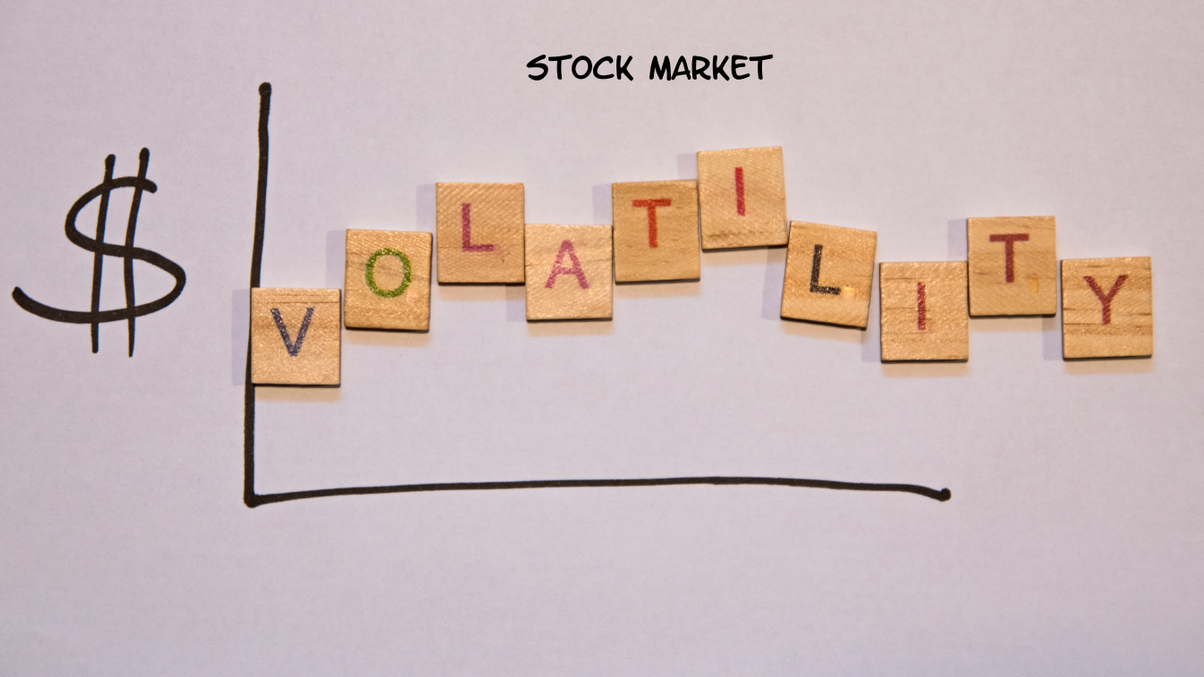Living in interesting times

Amid unprecedented times of volatility and uncertainty there is a renewed interest among institutional investors to build their capabilities to better understand how managers are performing - both in terms of benchmarks and when compared with their peers.
Whereas previously it was possible to increase the likelihood of ensuring good returns through astute sector-based investing, the wild fluctuations in of equity markets have made it harder to reliably judge whether a fund manager has made the right decisions. As the experts at eVestment would argue, the best way to do this is through astute data analysis.
INFORMATION IS THE CURE
The impact of the global pandemic has been immense, and made it harder for asset owners to effectively assess their fund manager partners. However, with markets likely to remain volatile, now is the time to get to know your fund managers and scrutinise just how effectively they are executing their investment mandate, said John Molesphini, global head of insights for eVestment.
“For you as an investor, it is always important to understand the competitive landscape, so you can ask better questions of your managers – how they compared with their peers, or whether they were part of a landscape where everyone did well.”
Even outperforming fund managers should not be free of scrutiny, he added. If they make investment decisions that are not part of their assigned mandate they could bring unintended risks and expose the portfolio as a whole to vulnerabilities.
The clearest example of this is “style drift” – where a fund manager, whether out of desperation, neglect or sheer opportunism, makes uncharacteristic investment decisions that don’t align with their stated fund goals. The pressure to veer from these objectives has become especially acute now, given the added pressure firms face of potentially losing clients in turbulent times. But that just means that asset owners need to pay particular attention to ensuring that the specific elements of the portfolio they have carefully constructed do ‘what they say on the tin’.
In an audience poll during the webinar, 83% of respondents declared that wanted to know whether their manager had style drift, versus only 13% who didn’t mind as long as they outperformed their benchmark.
KEEPING TABS
Monitoring the performance of external fund managers is easier said than done, unless you have the right data sets at your fingertips.
William Tang, head of Asia Pacific sales for eVestment, said that no matter what the approach, it all starts with having a reliable and independent data source. “You need to be able to capture the most relevant activity with a range of data points; without a comprehensive data source, you won’t get a holistic picture,” he said.
From this starting point, there are three stages - 1. Assessing performance and risk, (including benchmark and peer rankings), 2. Assessing discipline (using portfolio characteristics and equity holdings) and 3. Flagging areas of potential concern (using data on the product and the firm) - this would include a business continuity plan, product outflows, and personnel changes.
Additionally, eVestment offers insights into broader trends among peers. Some plans have decided to defer rebalancing, while other data such as an increase in fixed income searches might suggest a flight to quality or de-risking. Tang said many clients are looking for alternative data to plug into their own monitoring tools, whether for scoring managers or simulating scenarios. Doing so helps them to identify hidden spots they’ve not otherwise observed, to be able to make more precise investment decisions.
“Going forward, the technology of using predictive capabilities will be key,” he said.
Perhaps most importantly, having the right data translates most directly into an ability to ask better questions. When you have hired a firm to hold a more concentrated position, why have they diversified? Why is a small-cap-focused fund holding onto mid-caps, and at what point will they sell them? For those that performed well through the crisis, why were they over-weighting particular sector exposures?
This is also important when it comes to environmental, social and governance (ESG). Green washing and social washing has become prevalent among some fund managers, so having independent data lets investors drill down and ask tough questions on whether funds are truly aligned with their stated goals.
“I think what you’re going to see the rest of the year is closer scrutiny and potentially opportunistic investment,” said Molesphini, adding that investors today shouldn’t wait for quarterly reports to come out before taking action.


